This little seed went to market
It’s not always easy to produce and sell new maize varieties in Malawi.
Seed companies often serve as the link between breeders and farmers, but numerous challenges — from lack of infrastructure to inconvenient finance systems — mean that the journey from the laboratory to the field is not always a smooth one.
In spite of this, the sector continues to grow, with established and up-and-coming seed companies all vying to carve their own niche in the country’s competitive maize seed market. To help bolster the industry, CIMMYT is working with around 15 seed companies in Malawi, providing them with early generation seed for CIMMYT-derived maize varieties, technical production training and marketing advice.
In a series of interviews, representatives from three of these companies share how they chose their flagship varieties and got them onto the market, and the CIMMYT support that helped them along the way.
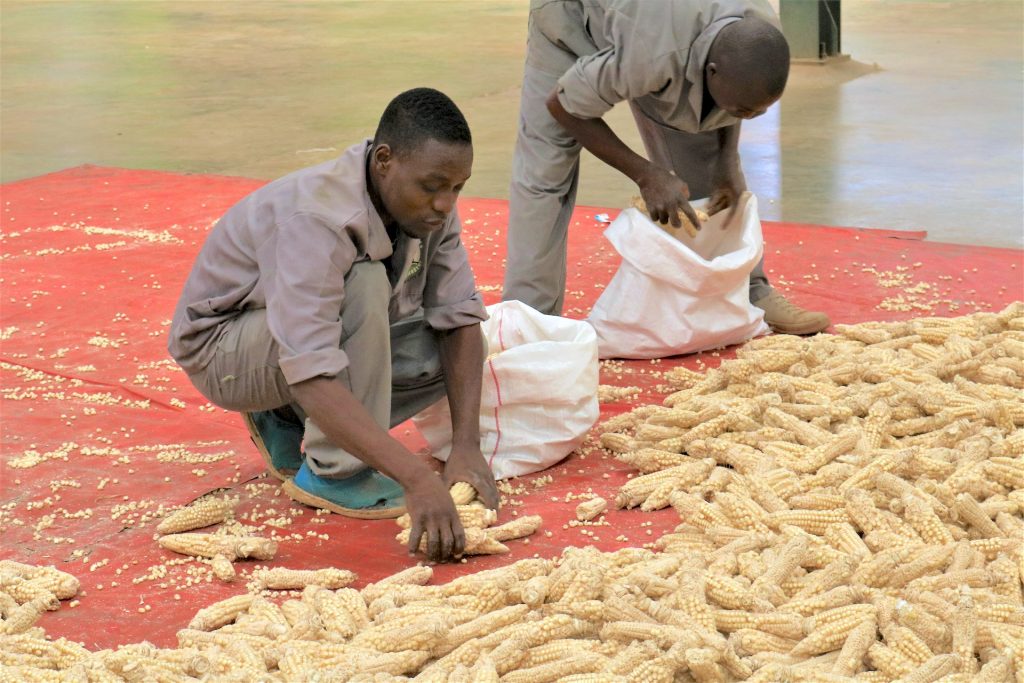
Francis Maideni, Technical Breeder and Management Advisor at Demeter Seeds
The company started primarily because we wanted to help farmers — the issue of profits came later. The founders of Demeter Seeds saw a gap in the market for open-pollinated varieties (OPVs) and thought they could fill it. We’ve now migrated halfway into hybrids, but we still feel that we should serve both communities.
At the beginning we used to multiply and sell OPVs from CIMMYT, and we started doing our own multiplication here a few years ago. What I like about CIMMYT is they have been continuing to give us technical support. The breeding teams are our regular visitors. When they give us materials they come here, work with us, we go to the fields together. We’re so proud of this collaboration. Our whole company is based on CIMMYT germplasm since we don’t have our own breeding program to develop our own varieties.
How do you decide which varieties to work with?
When we were starting out, the decision of which varieties to work with was based on what CIMMYT recommended based on the data from on-farm trials. Most Malawian farmers use local maize varieties so it’s a good step for them to start using improved varieties – not necessarily hybrids.
Apart from the yields, what else do Malawian farmers look for? It has to be white and it has to be poundable or flint varieties with a hard endosperm. Of course, there are other attributes you have to worry about as well such as yield and drought tolerance. The seasons are changing, the rainfall period is becoming shorter so we’re looking for short-maturing materials in particular. If you have a variety that takes 90-100 days to mature, you’re OK, but if you choose one that takes 140-150, the farmer can be at risk of losing out because it doesn’t fit well into the growing season.
Having looked at those particular parameters we can decide on the variety we’re going to go for because this feeds into what our regular farmers want.
Is it easy to get farmers to buy those varieties, given that you know exactly what they’re looking for?
We’re not the only ones dealing with maize hybrids, so if you’re not aggressive enough in marketing you’ll not be able to survive.
You can’t just see that the demand is there and then put the product out. We have a marketing team within the company whose role is to market and advise the farmers. We try to listen to what’s happening on the ground, see how our varieties are performing and share results with the breeders. If you sell your seed you have to get feedback – whether it’s doing well or not.
But it can be difficult with the lack of infrastructure in Malawi. There are some places which are not accessible, so there are farmers who want your seed but you can’t reach them. Those farmers end up planting some local seed, which they might not have planted if they had access to improved varieties.
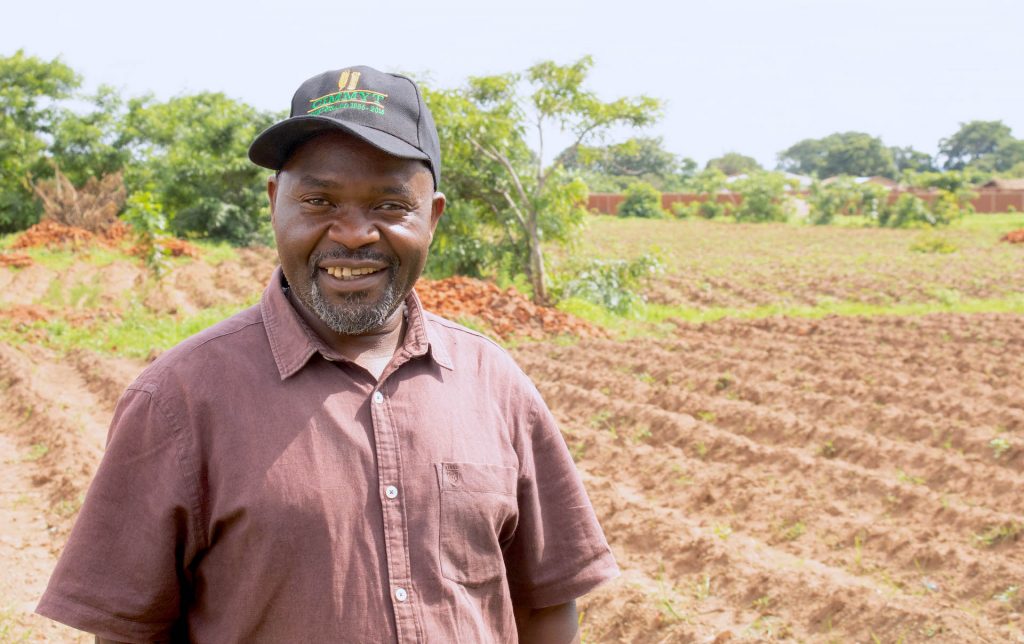
Chingati Phiri, Managing Director at CPM Agri-Enterprises
CIMMYT equals maize, so there’s very little we’d be doing without them. There has been collaboration and partnership since we started the seed business.
We got all the parent materials, expertise and production training from CIMMYT. We now even have our own CIMMYT-trained internal inspectors, who ensure that the seed that we produce meet quality standards that are required. When they were giving us the lines, they also helped us with production of the basic seed to start our maize production. Without CIMMYT, we wouldn’t be here.
You’re one of the few seed companies in Malawi producing vitamin A biofortified maize, which CIMMYT develops in partnership with HarvestPlus. How did you decide to work on that variety?
We selected the orange vitamin A maize firstly because of corporate social responsibility reasons. There is a developmental aspect to what we do, and we’re not just here for money. I think whatever we’re doing should also help the people that are buying from us. We knew that micronutrient deficiency is an issue in Malawi, so we hoped that the vitamin A biofortified maize could address some of the country’s malnutrition problems.
When the Government said it was looking at alternative ways of combating malnutrition, this was one of the proposed solutions and we thought we should be the first to do it. As of now, I think that of the 20-something lead seed businesses in Malawi, we’re one of only three producing this maize.
How challenging has it been to promote that variety?
Very, because the orange maize was not popular to begin with. In the first year, we had about 25 metric tons of seed and we didn’t even sell 10.
Yellow maize was brought in to feed people during a famine in the early 90s, so I think when people see orange maize now they are reminded of that hunger. There are still those negative associations. So we had to do some convincing, visiting farmers with HarvestPlus and telling them about the benefits.
But this is our third year and we don’t have any seed left — it’s all gone. Combined, the three companies involved in orange maize production had about 65 metric tons. But this year the demand has been around 1,050 metric tons. What we produced is not even one tenth of what is required.
Now that the orange maize has been popularized, we see demand increasing in the next five years as well. Apart from farmers, we’ve also had inquiries from people that want to use it for industrial purposes and are looking for very large quantities. Now we know, if people are looking for orange maize, we’ll be among the first to provide it.
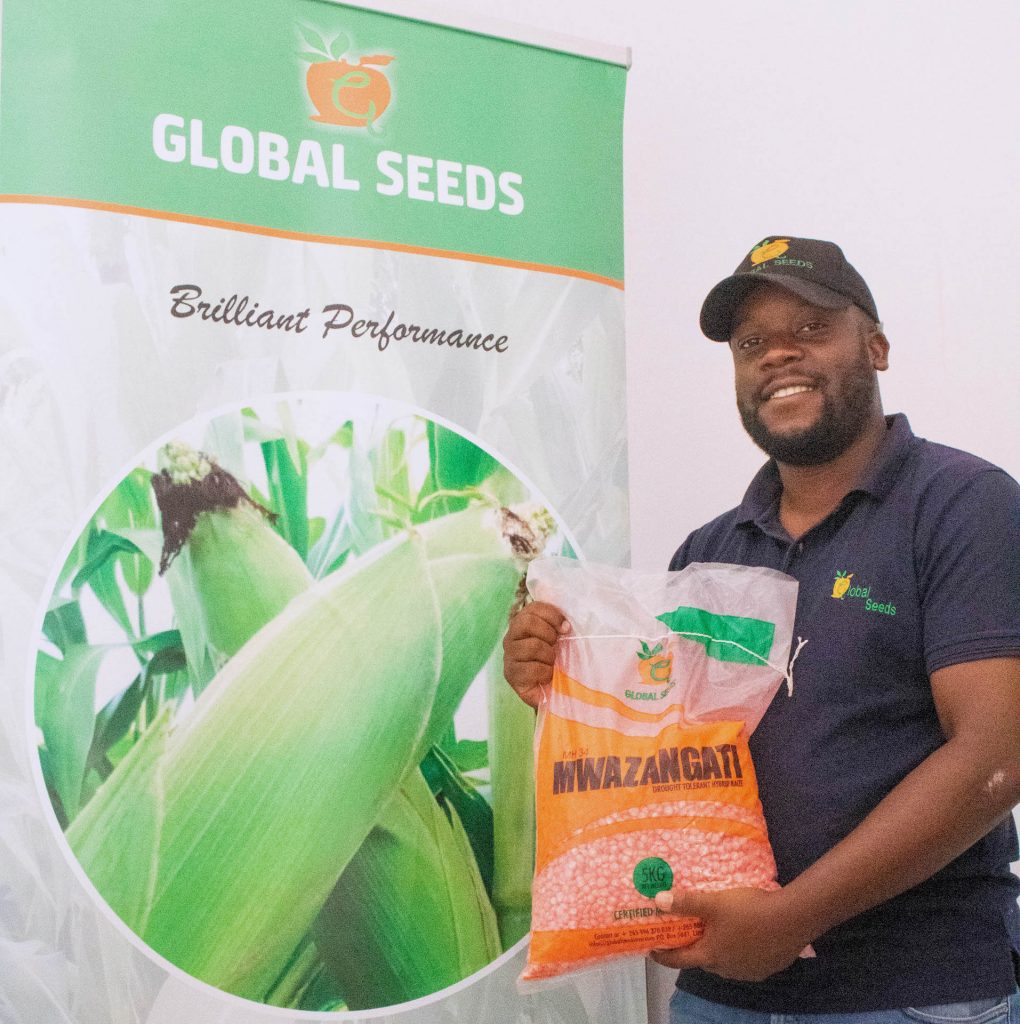
Shane Phiri, Operations Manager at Global Seeds
I studied agribusiness management for my first degree and went into farming immediately after. Later I completed a Masters in Agronomy, but the moment I started talking to CIMMYT I knew that I was lacking knowledge on the technical side. Over the years I’ve attended a number of courses — maize technician courses and programs to help people in the seed industry learn about hybrids — thanks to CIMMYT. A large part of my knowledge has come from those trainings, visiting the research station in Harare and attending field days.
Global Seeds is known for its flagship product, MH34. Why did you decide to focus on that specific variety?
One of the main driving factors for us to go for MH34 was that it was not being produced by anyone else. This was a new variety that no other company had branded as their own yet, so it was a good opportunity for us to own it.
At the same time, I liked this variety because it had two lines from CIMMYT and one line that’s bred locally. It’s kind of a mix. I really liked that because it meant that it would be a bit of a challenge for anyone outside the country to produce it because they would not get that extra 25% from the Malawian line.
Did that also make it difficult for Global Seeds to produce?
It was not easy for us to get it on the market. It’s one of the stories I’m most proud of — to say we’re one of the few companies producing this variety — especially when I look back at the last three years and the work it took to get it to where we are.
We got the lines we needed from CIMMYT, but when we went to the local program to get that one last ingredient, we got less than 1.4 kilograms. Normally we would need at least 5 kilograms.
We knew we had to produce quickly to commercialize the variety, so we took 900 grams and started trying to increase the line under irrigation. Then the water supply ran out and we had to hire a water bowser. It was quite a journey but in the end we produced a handful of seed, and now the story is that this variety is flying off the shelves.
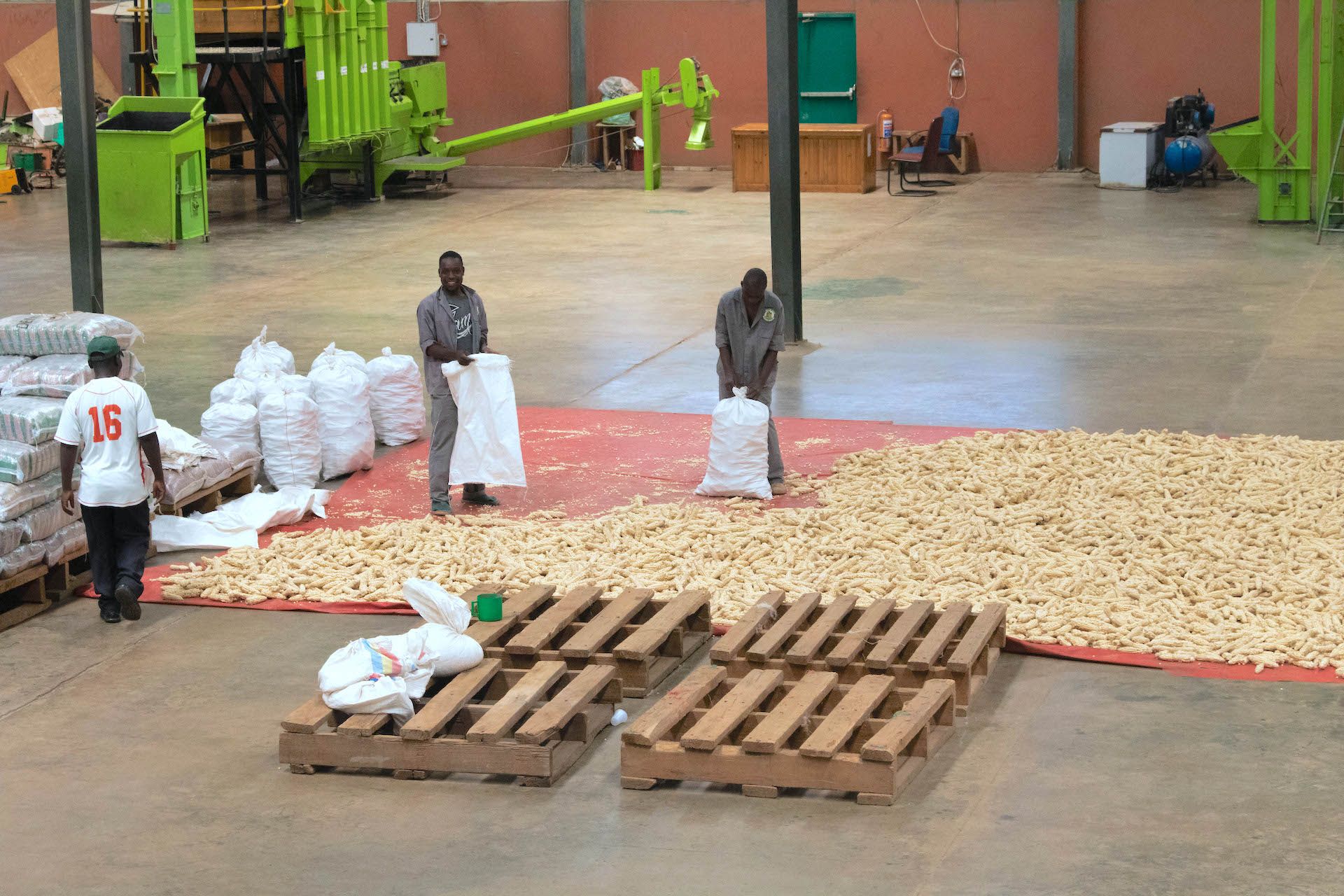
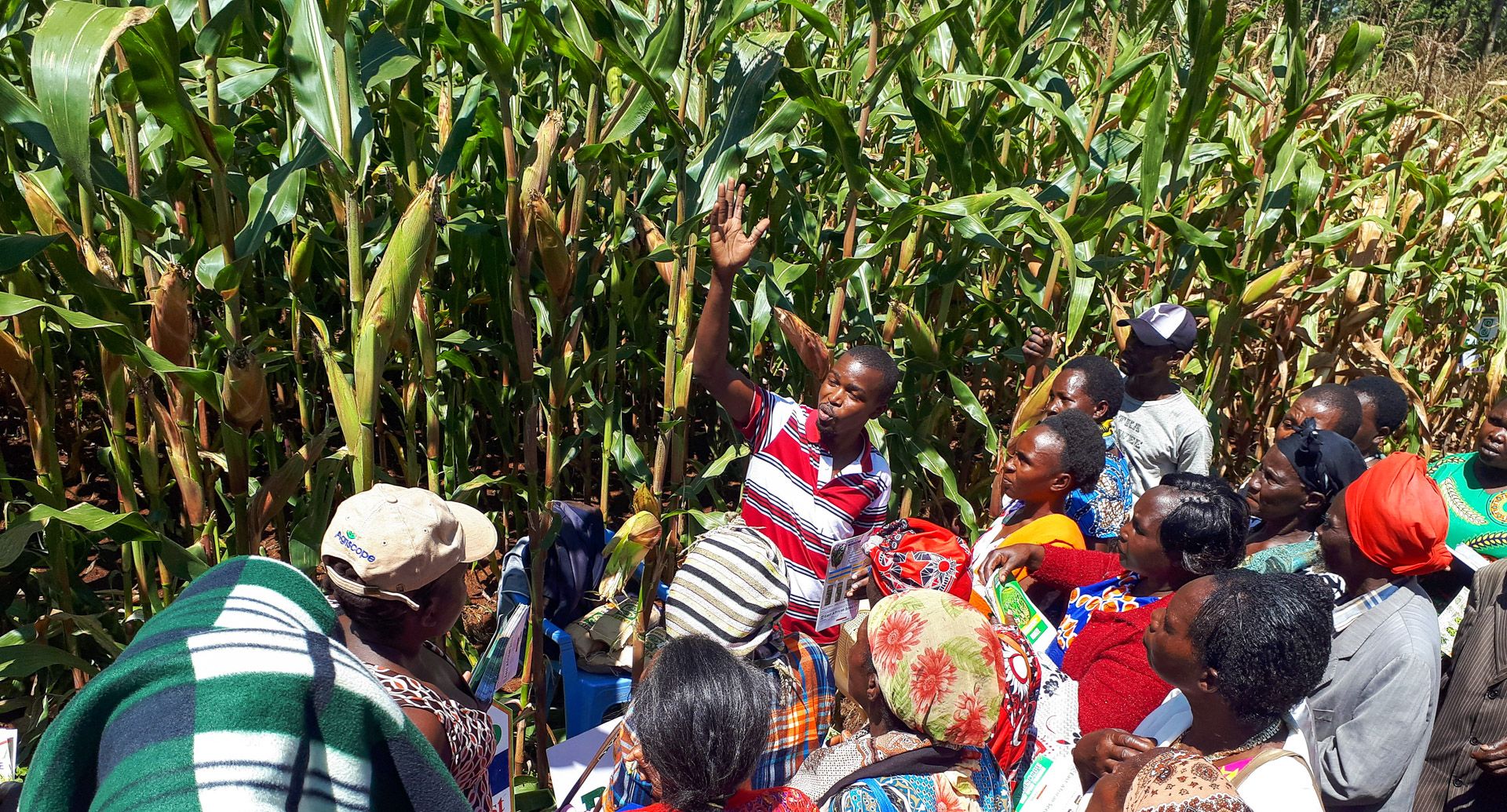
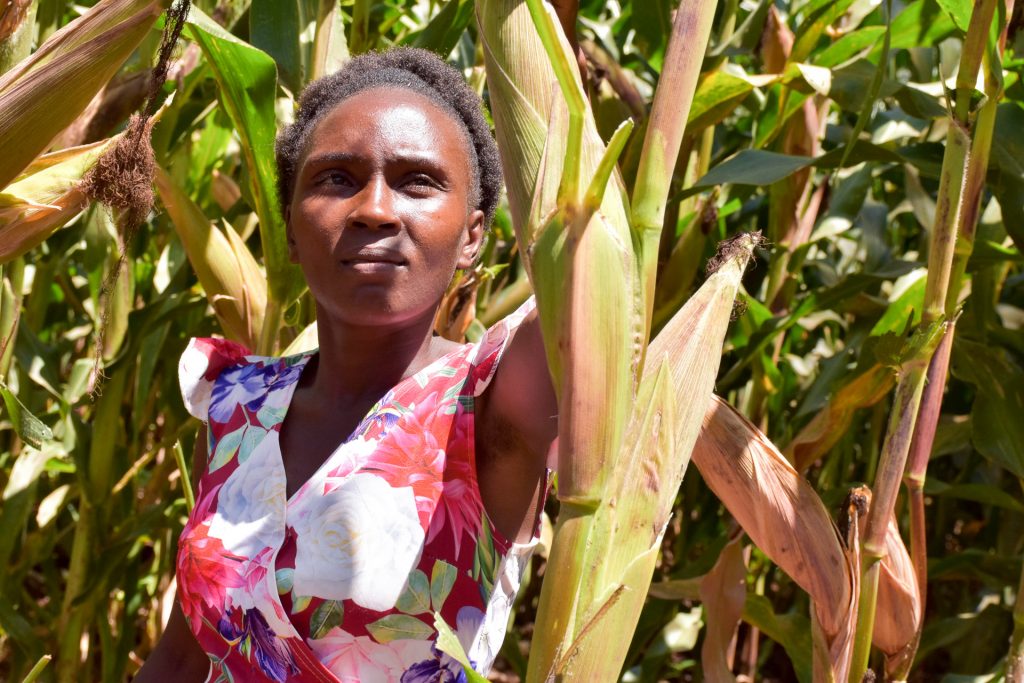
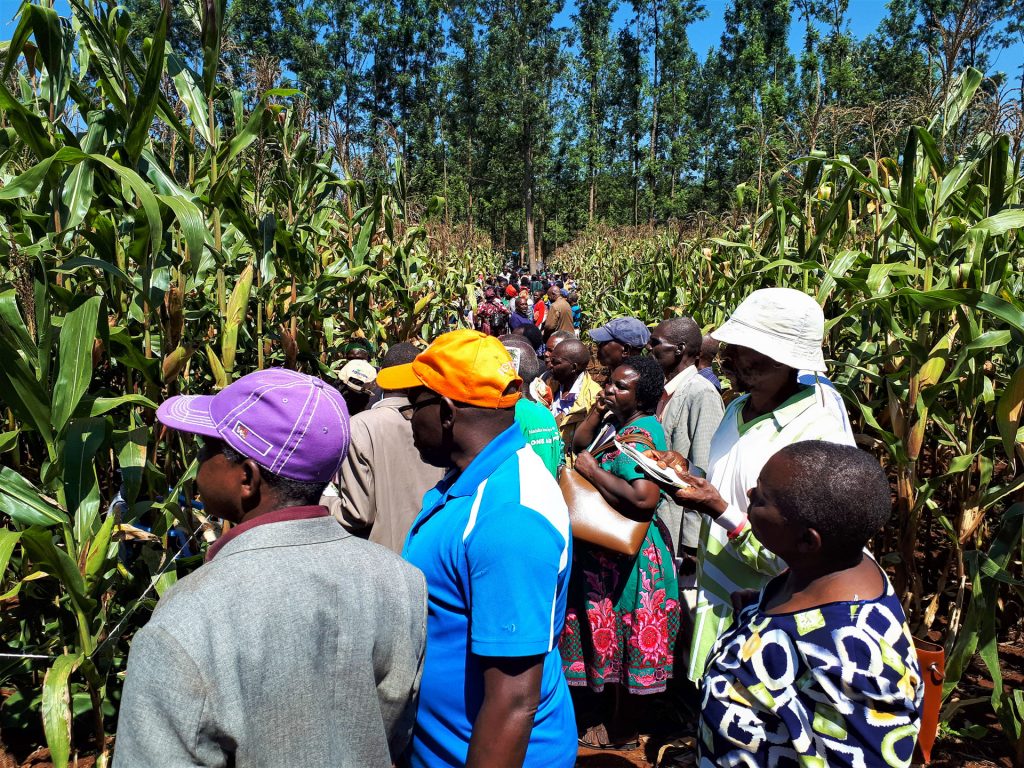
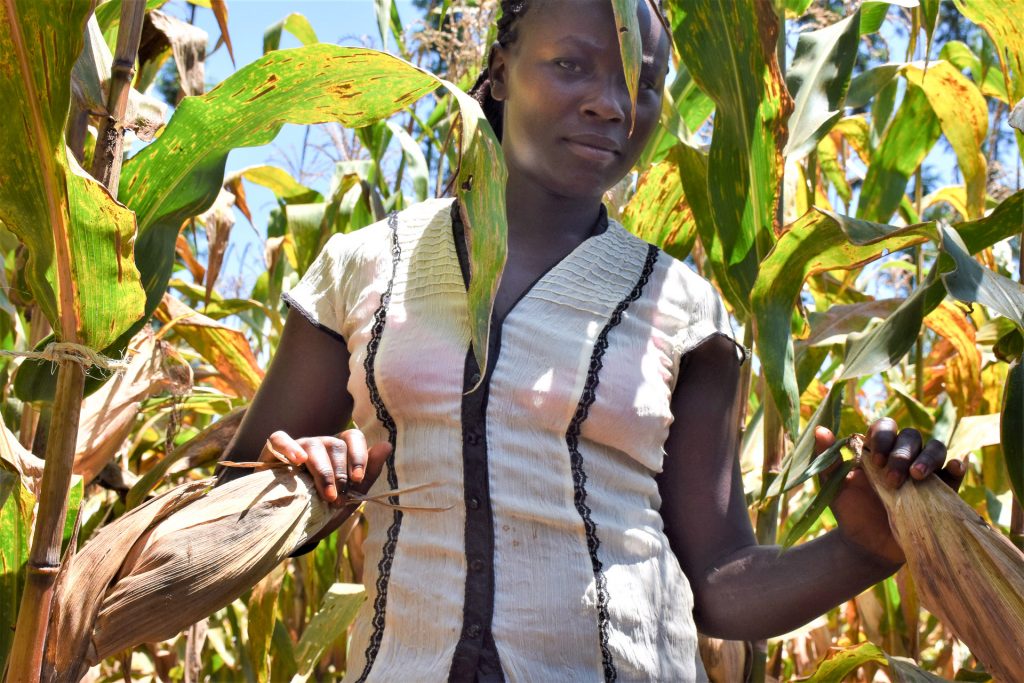
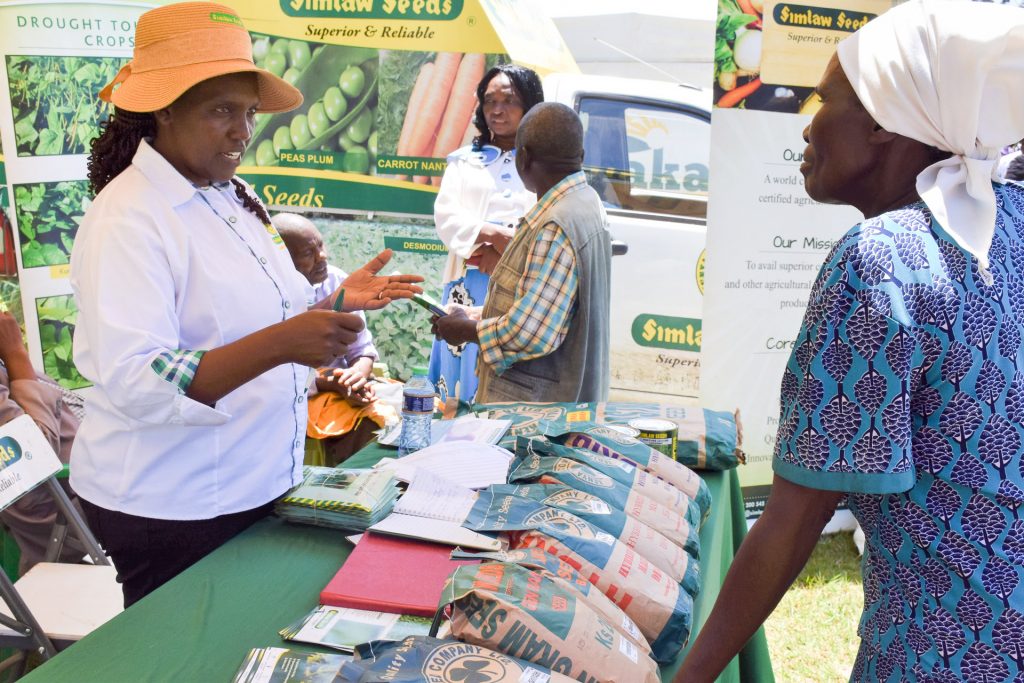
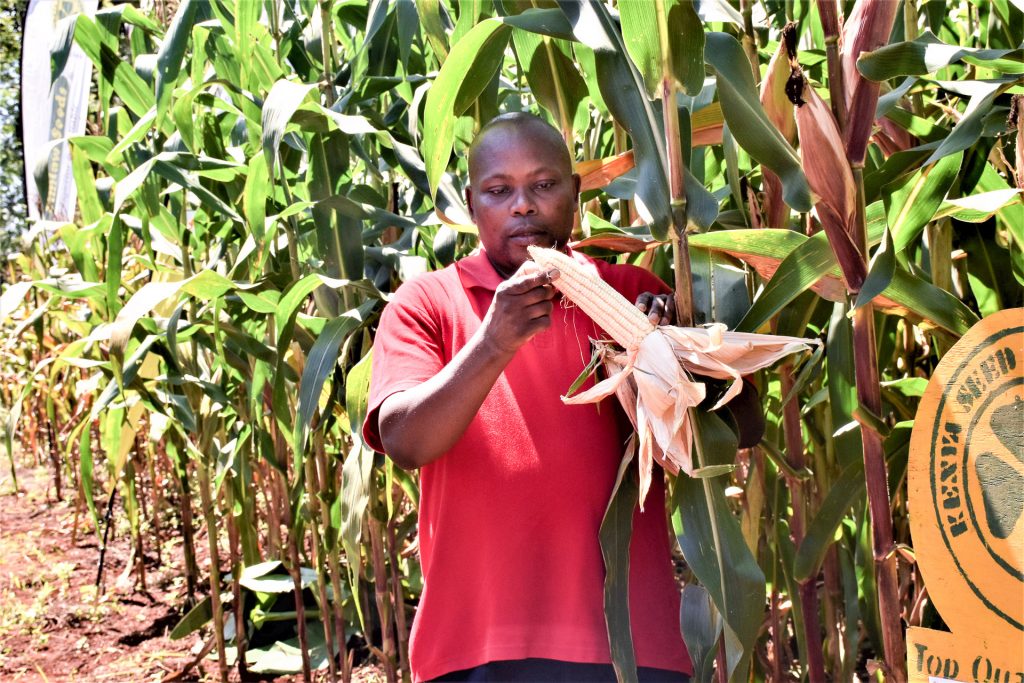
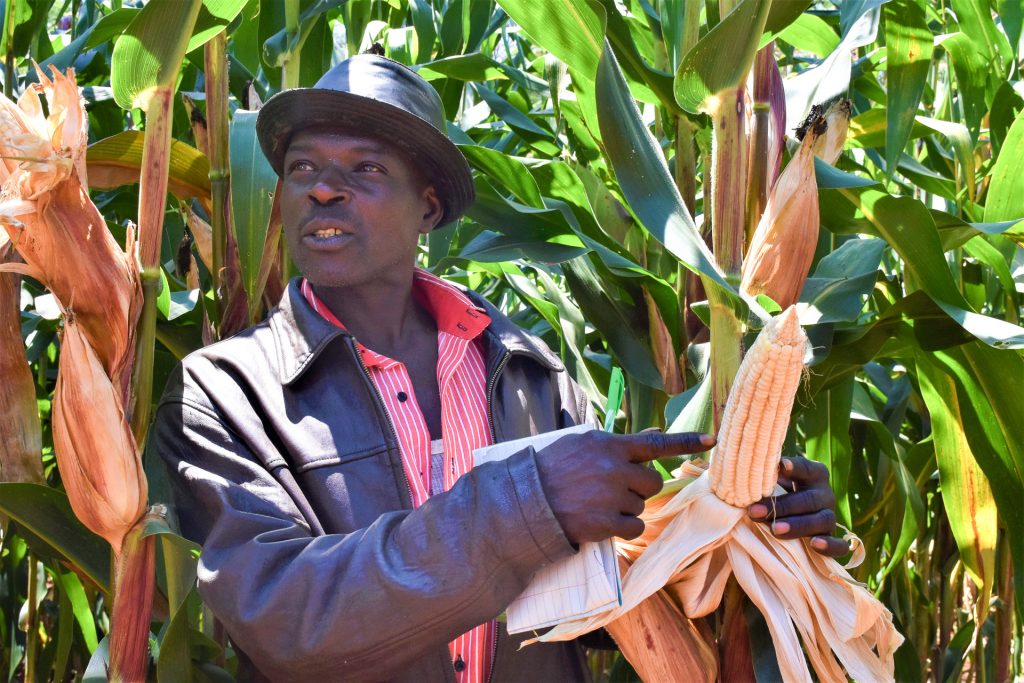
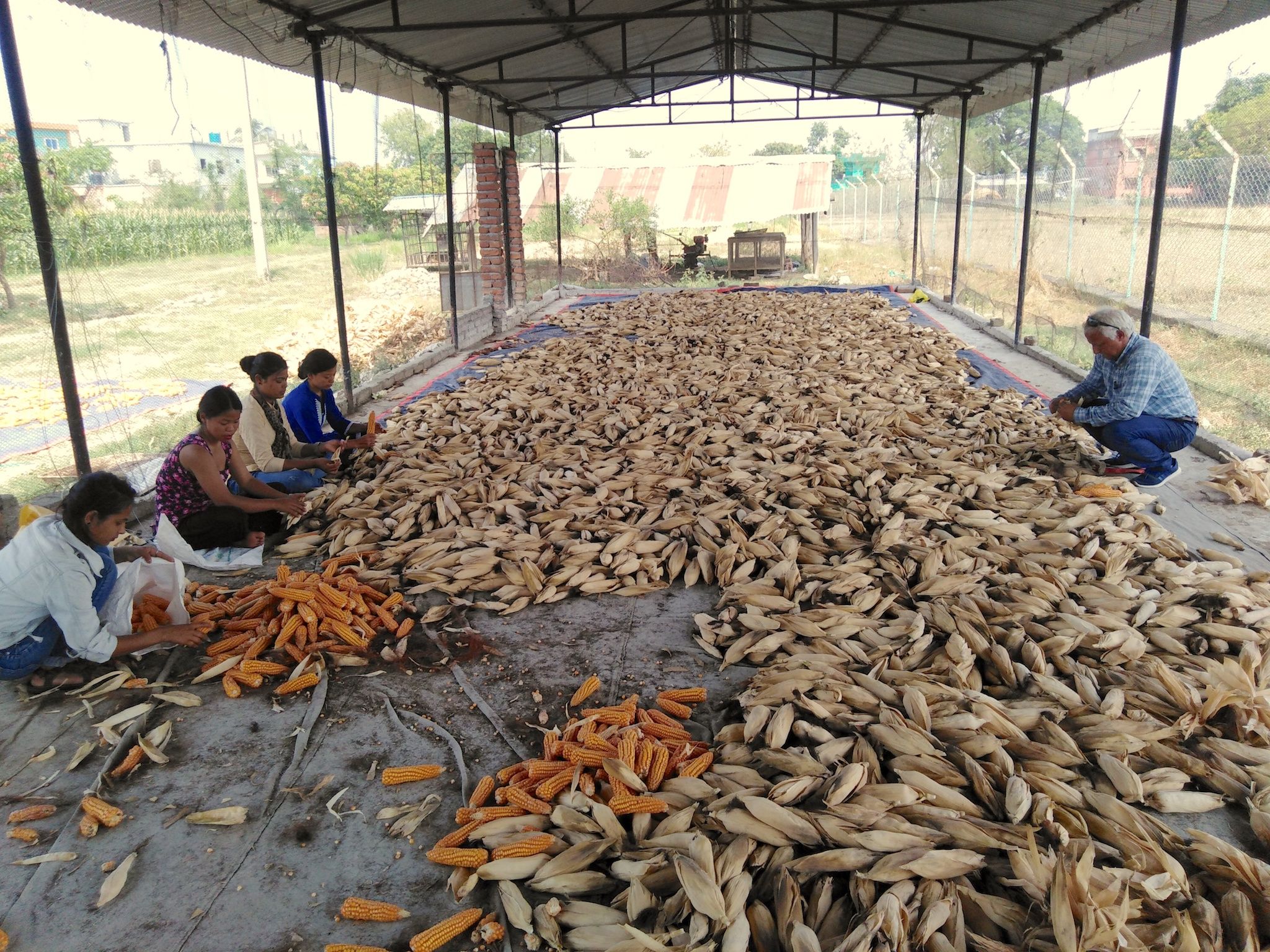
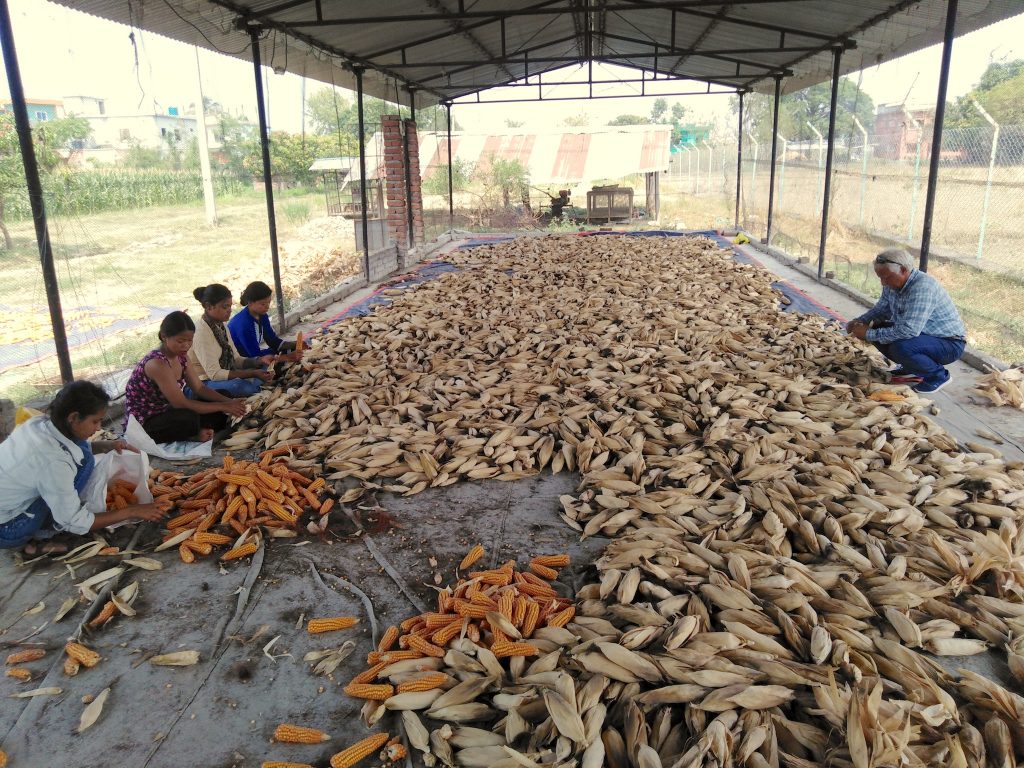
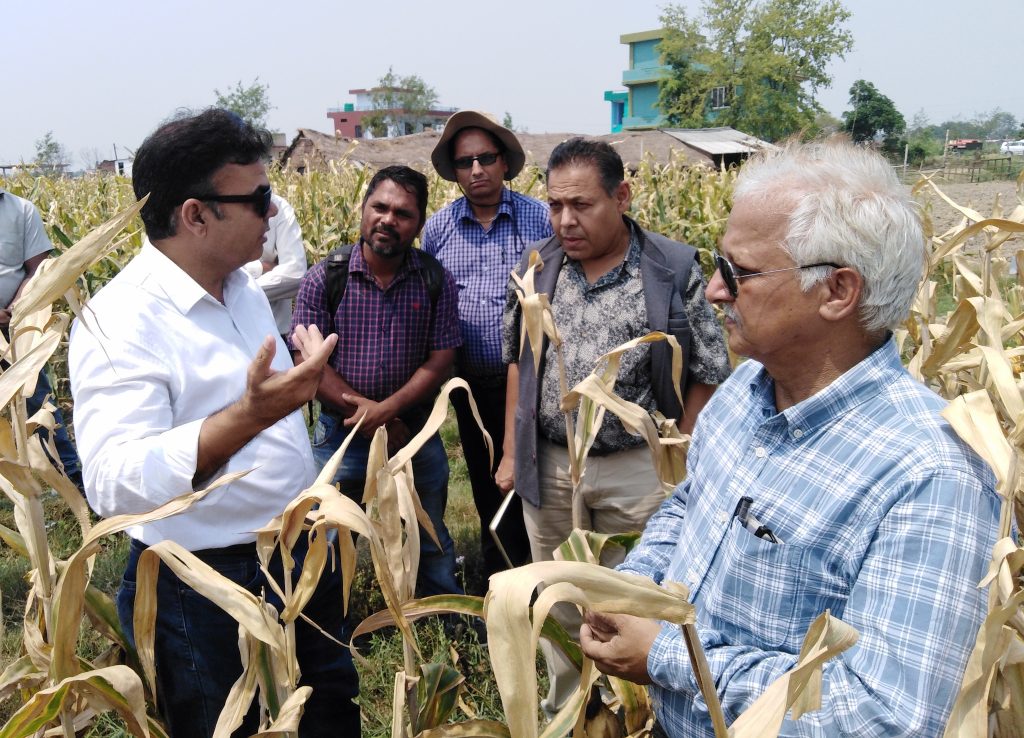
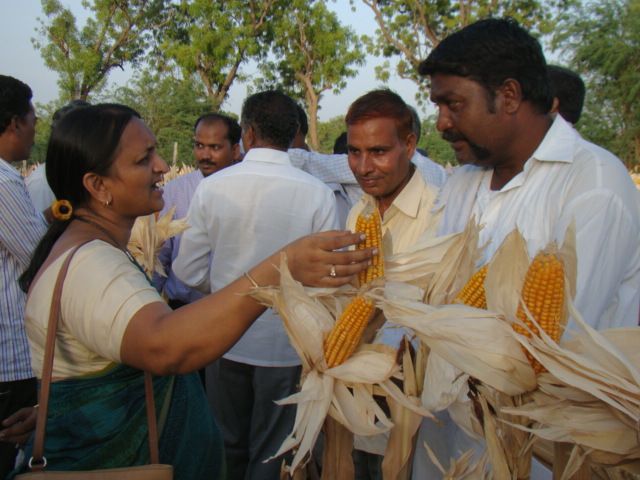
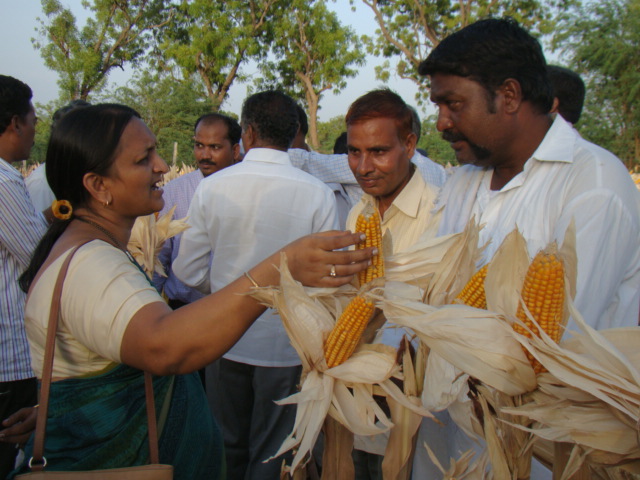
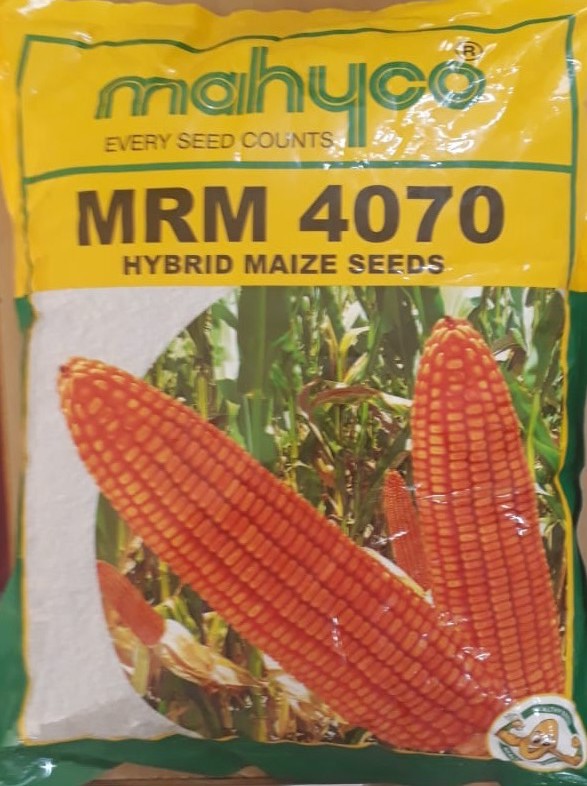
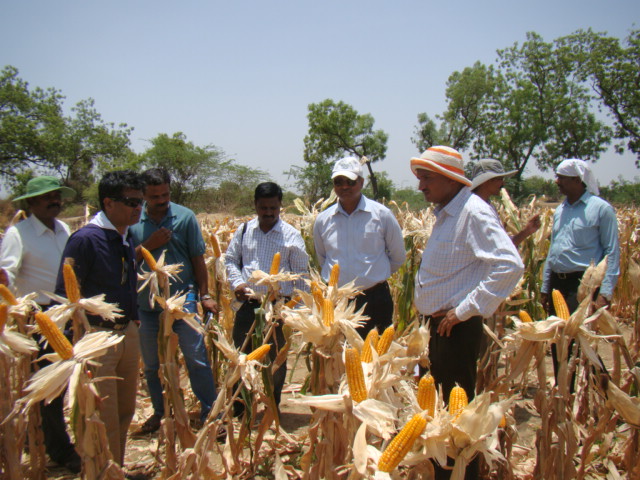
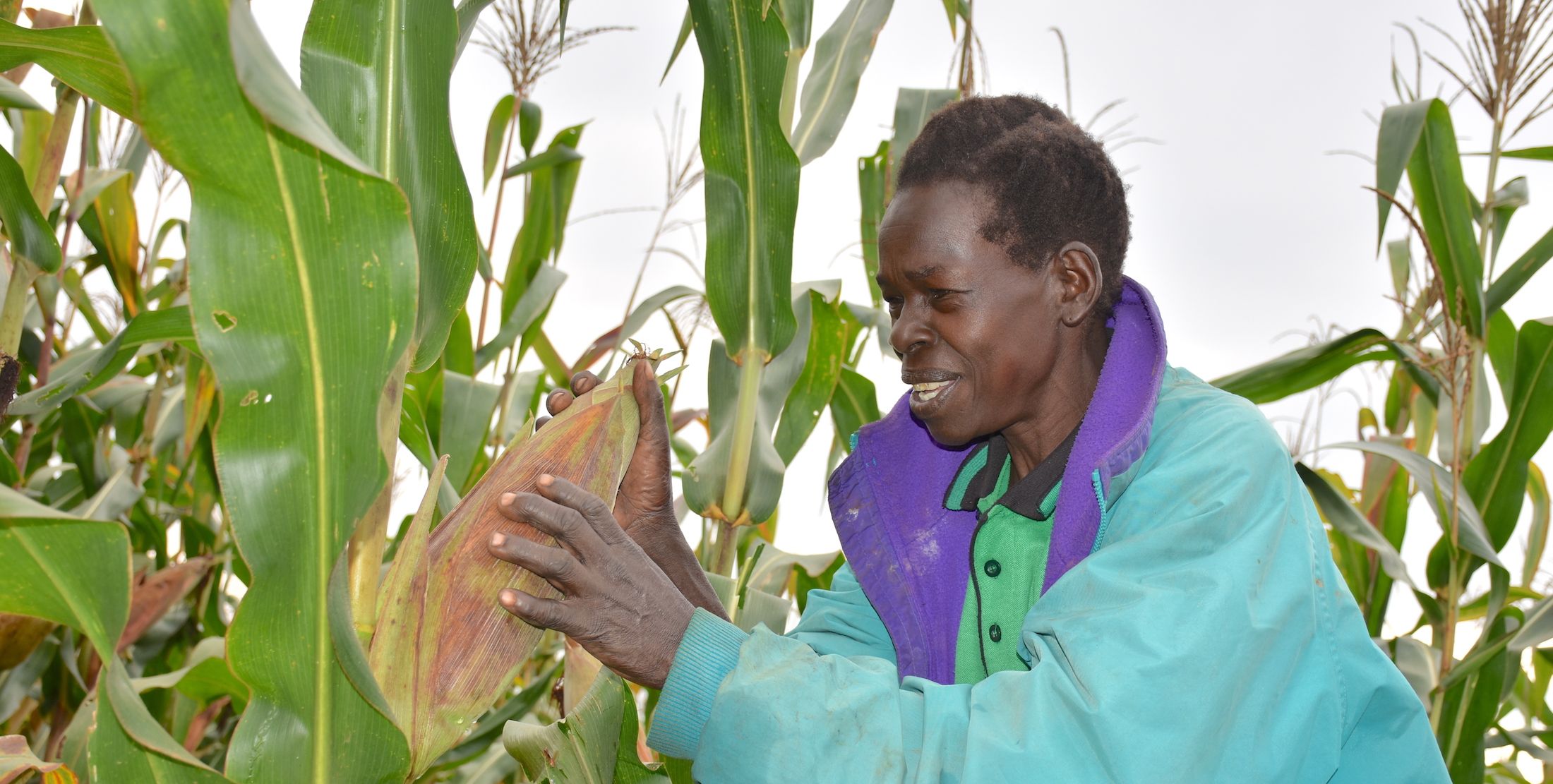
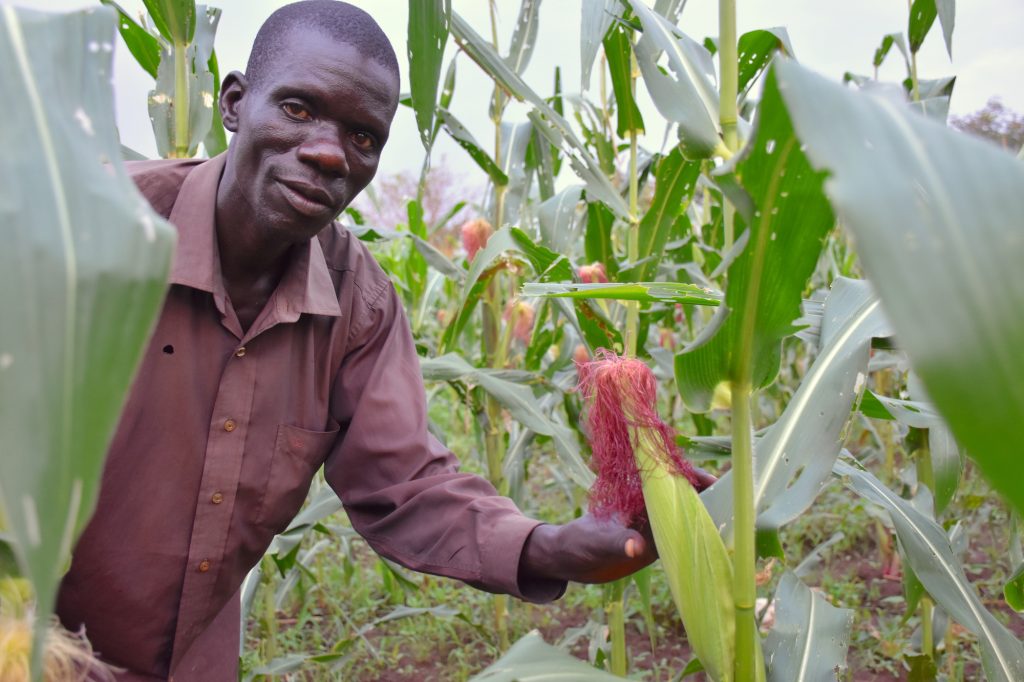
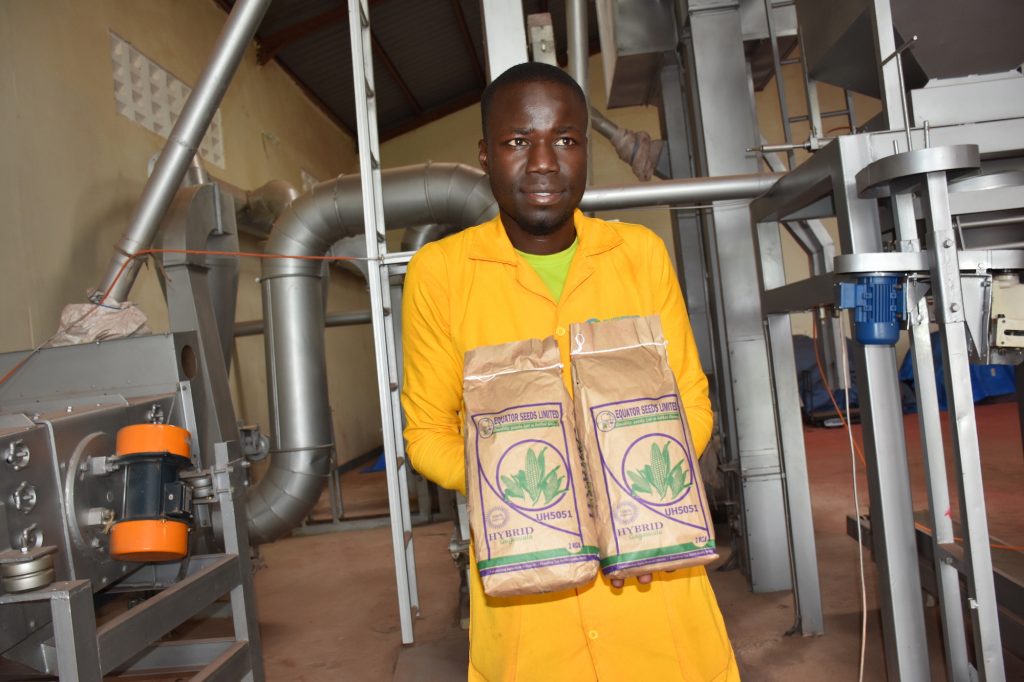
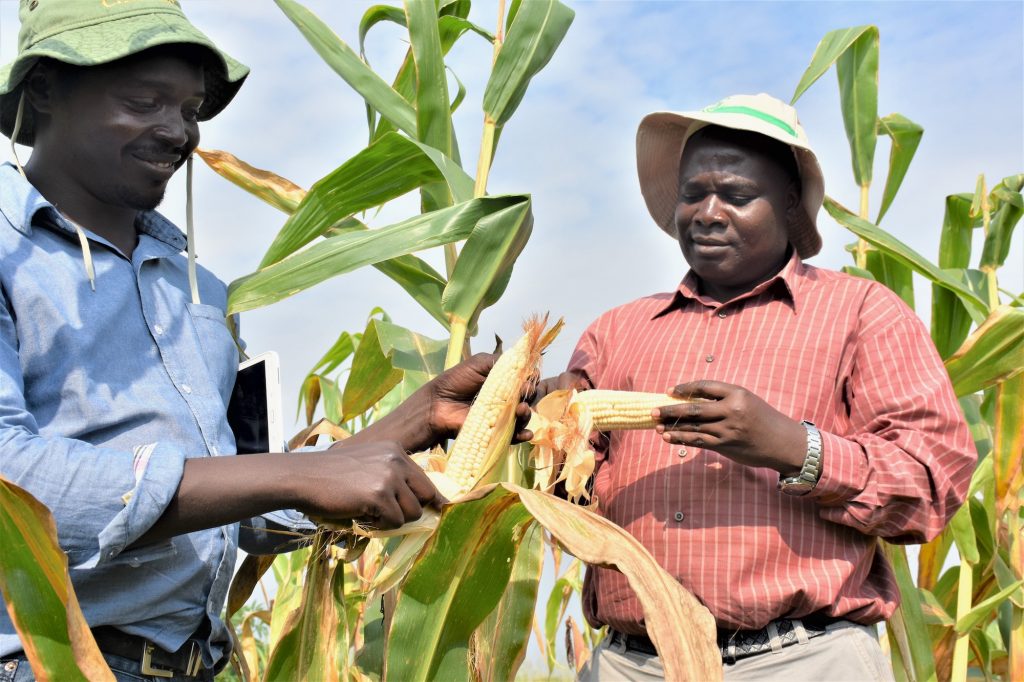
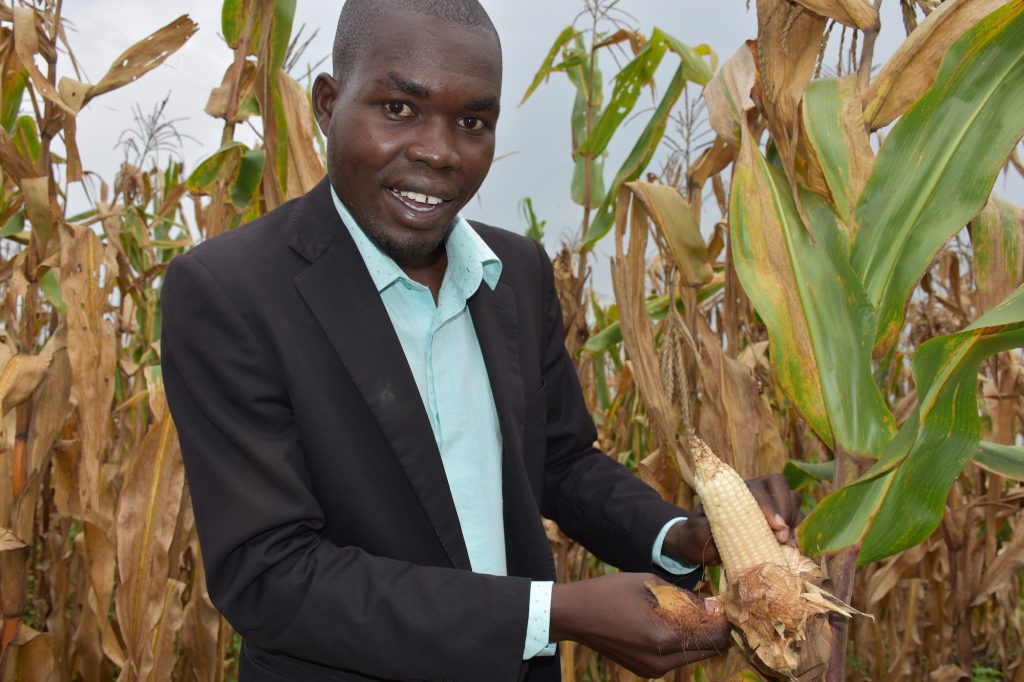
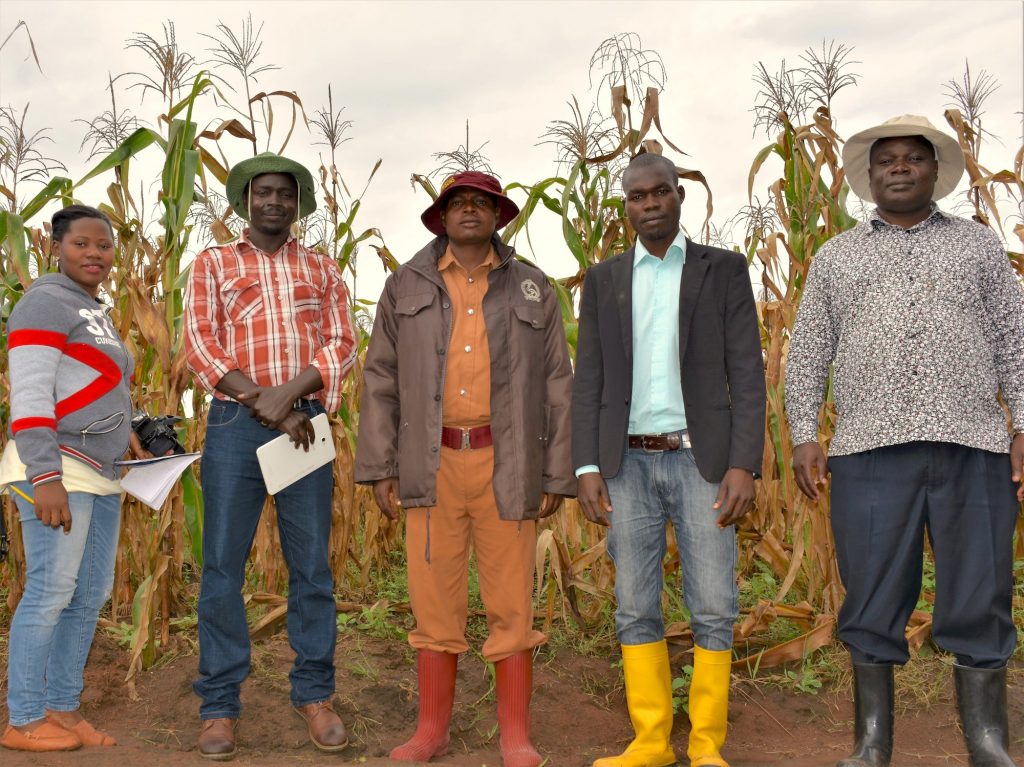
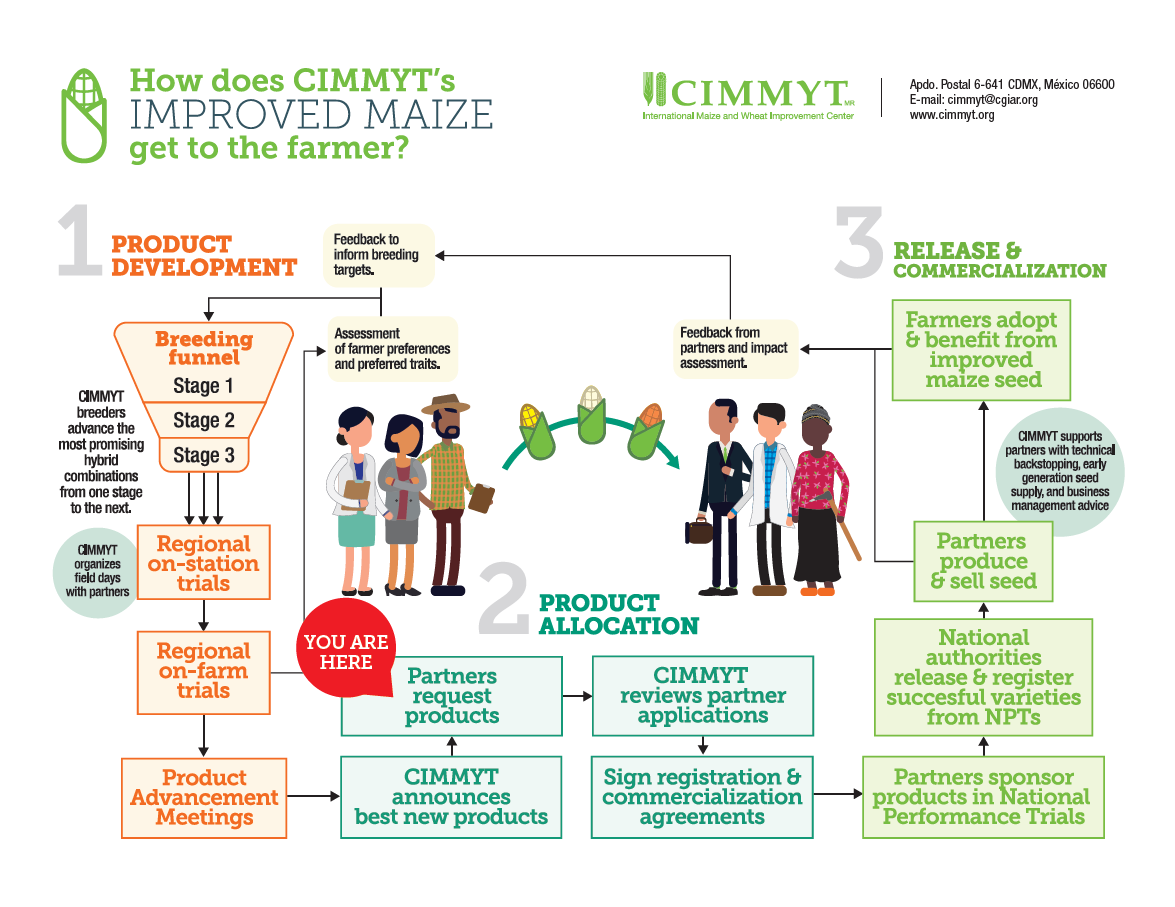
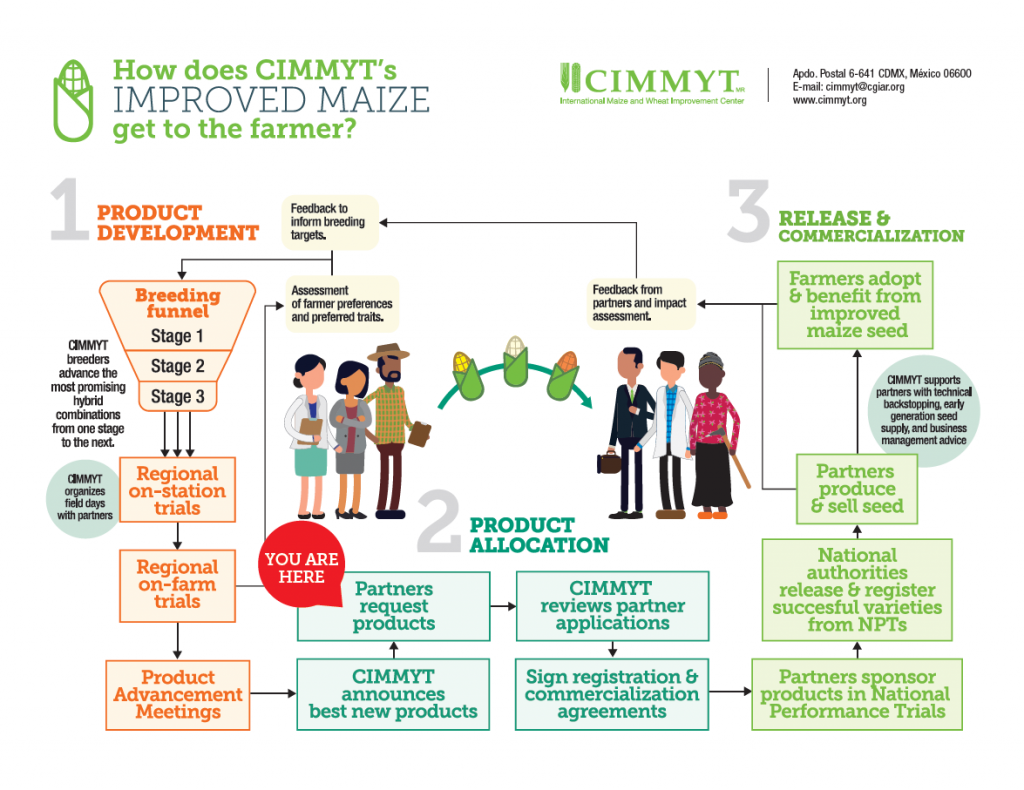

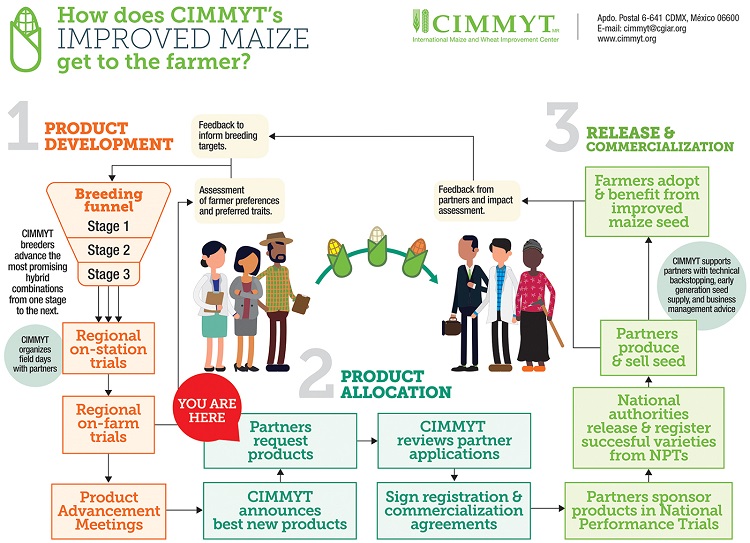
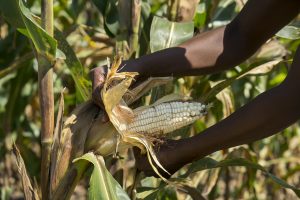
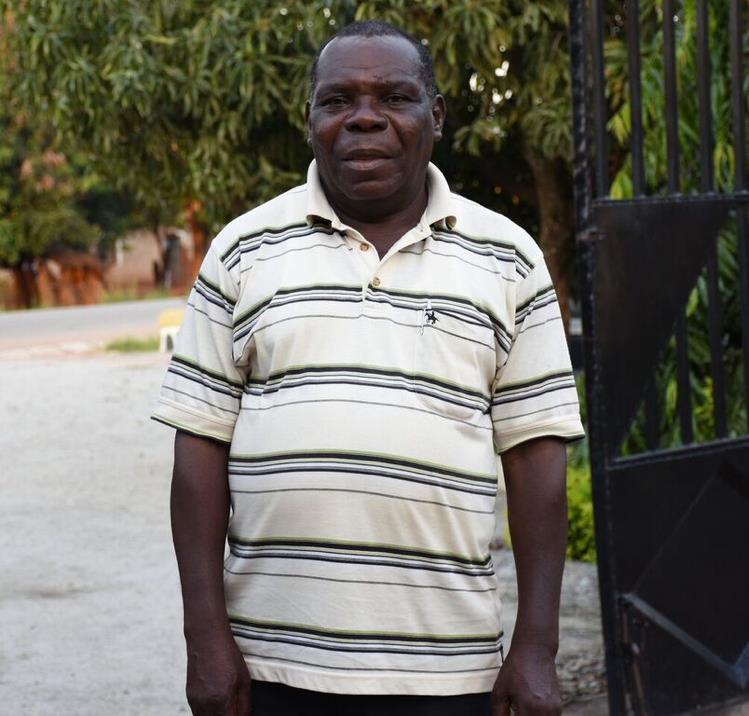
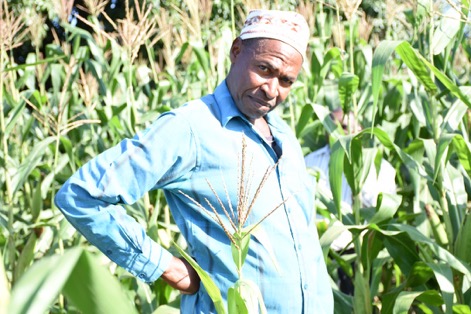
![“This was my first try planting a drought-tolerant hybrid variety, and [after] seeing all this healthy maize, I am a believer,” says Daniel Reuben (above), a farmer of over 30 years regarding Lubango. “I can already tell that I will have a good harvest from the double cobs on each plant.” Normally, Reuben uses all his harvest to feed his family, but this year he expects to be able to produce more to sell and earn extra profit. Photo: Kelah Kaimenyi/CIMMYT.](http://staging.cimmyt.org/wp-content/uploads/2016/04/kelah_4.jpg)